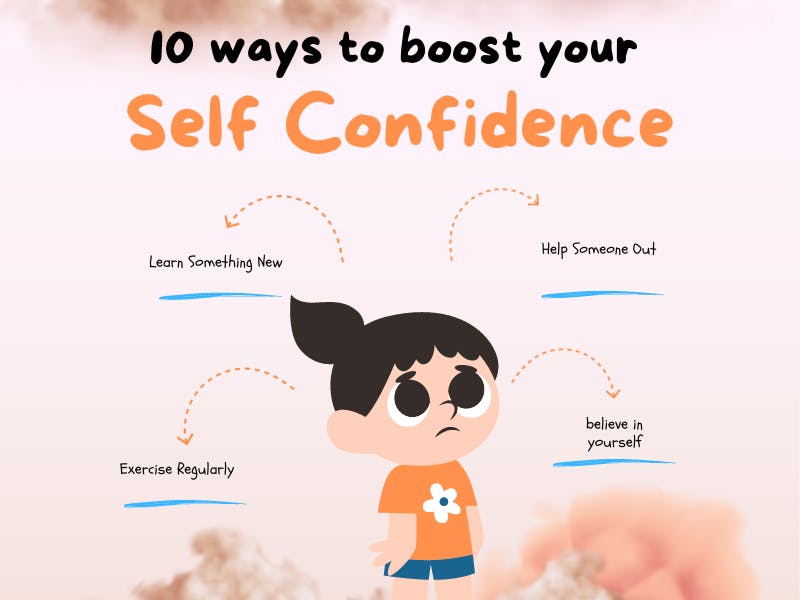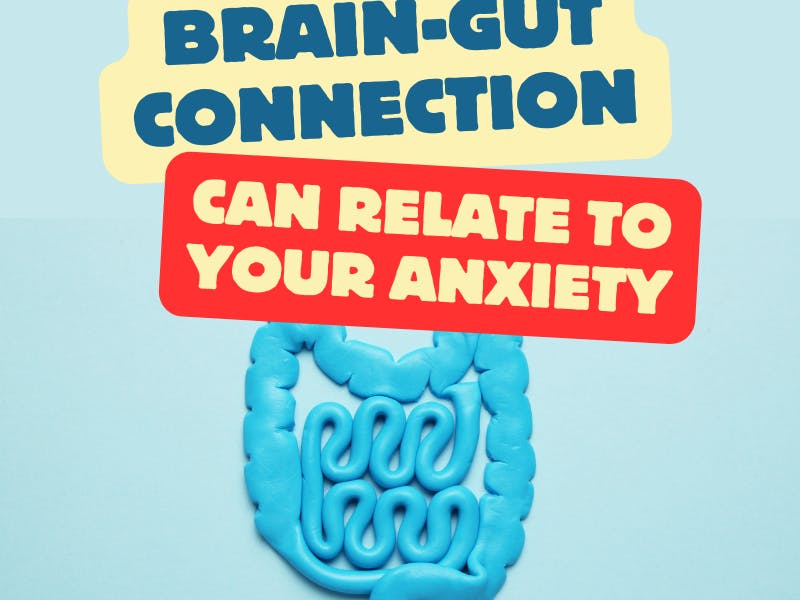
How to Deal With Stress
Aug 28, 2024
Introduction
Stress is a common part of modern life, affecting our mental and physical well-being. Whether it’s a short and intense moment of deadline or prolonged tiny things every day, stress is happening to all of us. Stress can be good or bad, and also unavoidable, so let's explore some key principles on how to effectively manage stress and lead a more balanced and fulfilling life.
How Did Stress come up?
Before delving into strategies for managing stress, it's essential to understand that stress is the body's natural response to perceived threats or challenges, triggering a cascade of physiological and psychological reactions. Chronic stress can have detrimental effects on our health, performance, and overall quality of life.
Ways to reduce stress
Developing Mental Toughness and Resilience
The secret to mental toughness is learning how to deal with stress. It is crucial to pay attention to how you react to stress in daily life. Your reaction to stress becomes a story you tell yourself. Most people when stressed, will try to distract themselves to anything else immediately, or feel negative emotions.
Instead, you should first witness how’s it impacts you.
Next, breathe and focus. Calmly drag yourself back from any distraction.
Concentration
Maintaining focus is essential for managing stress effectively. A deep cencentration is a hallmark skill of super-successful people and one of the secrets to mental toughness too. To improve concentration, practice mindfulness techniques, eliminate distractions, break tasks into smaller chunks, and create a conducive work environment. By sharpening your focus, you can tackle stressors with clarity and resilience, leading to better stress management outcomes.
Time Management and Prioritization
Effective time management is key to reducing stress and increasing productivity. Prioritizing tasks based on importance and urgency, setting clear goals, and optimizing our use of time. By structuring our days efficiently and focusing on high-impact activities, we can minimize stress and achieve better results.
Physical Fitness
Physical fitness plays a crucial role in stress management. Regular exercise not only improves our physical health but also boosts our mental resilience and emotional well-being. Engaging in activities that get our bodies moving, such as running, yoga, or strength training, can help us release tension, reduce stress hormones, and enhance our overall mood.
Harnessing Breathing Techniques and Relaxation
Conscious breathing techniques are powerful tools for calming the mind and body in times of stress. Deep breathing exercises, such as diaphragmatic breathing or box breathing, can activate the body's relaxation response, lower heart rate, and promote a sense of calmness. By incorporating these techniques into our daily routine, we can better manage stress and anxiety.
Cultivating Self-awareness and Reflection
Self-awareness is fundamental to managing stress effectively. By tuning into our thoughts, emotions, and physical sensations, we can identify stress triggers, patterns, and unhealthy coping mechanisms. Through self-reflection and introspection, we can gain valuable insights into our stressors and develop healthy strategies for coping and resilience.
Building a Support System
Building a strong support system is essential for managing stress and maintaining well-being. Surrounding ourselves with positive and supportive individuals who uplift us, provide encouragement, and offer a listening ear can help us navigate challenging times with greater ease. Open communication and seeking help when needed are key components of a resilient mindset.
Conclusion
“Our body doesn’t care if stress is physical, emotional, real, or conjured up from memory, it reacts in the same way, and it’s up to our brain to manage it.”
by Mark Divine




